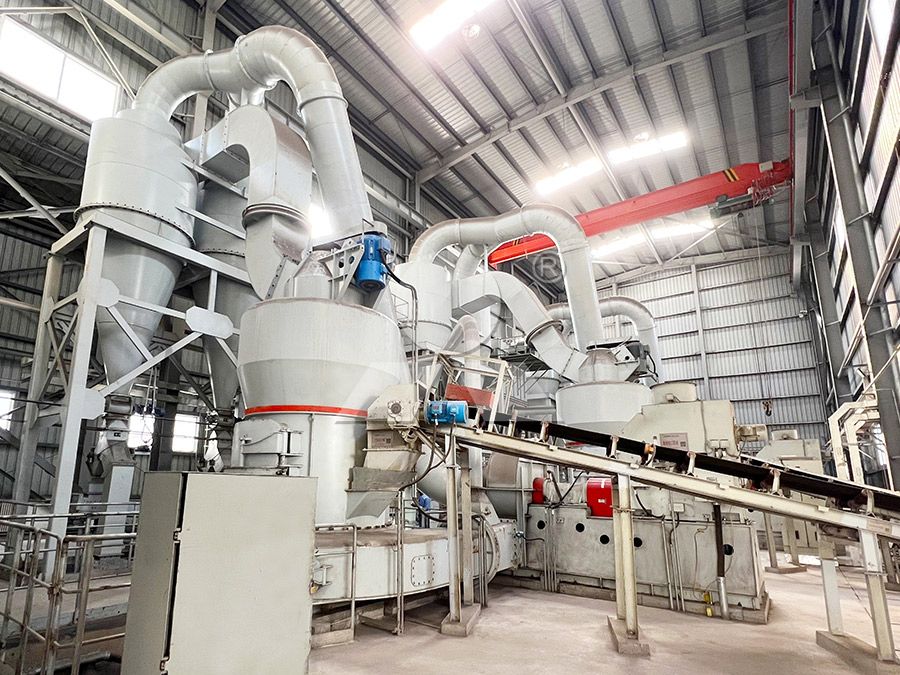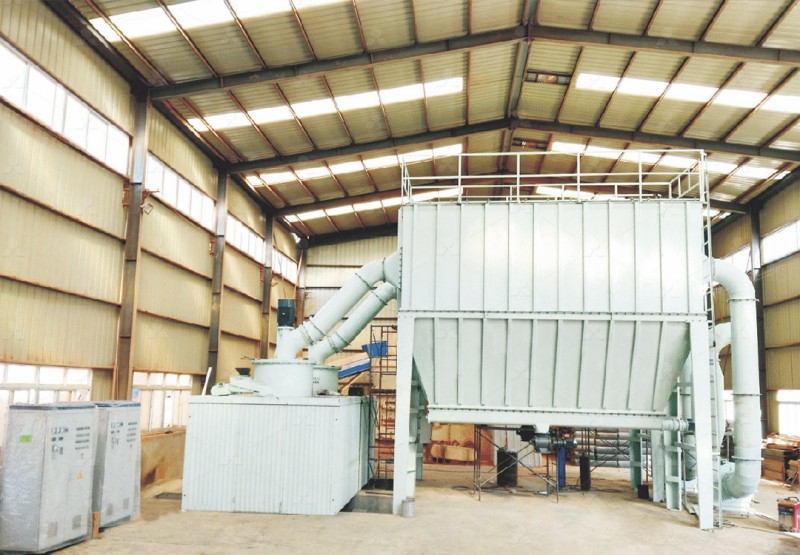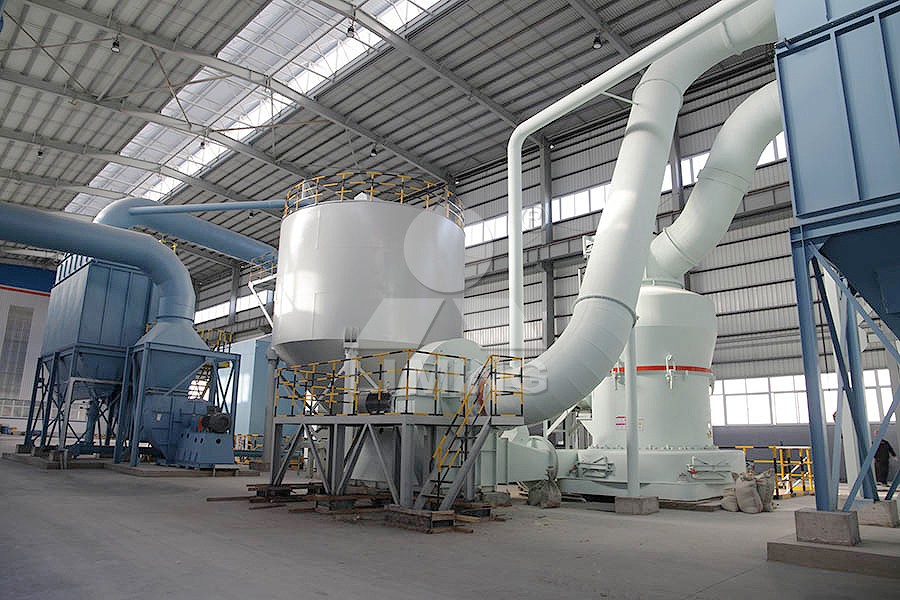Raymond Mill for Carbonate Rock: Grinding Solutions and Applications
Raymond Mill for Carbonate Rock: Grinding Solutions and Applications
Carbonate rocks, including limestone, calcite, and dolomite, represent some of the most essential industrial minerals worldwide. Their transformation into fine powders enables applications across construction, pharmaceuticals, food production, and environmental technologies. The selection of appropriate grinding equipment is paramount to achieving desired particle size, production efficiency, and operational economy.

The Grinding Challenge for Carbonate Materials
Processing carbonate minerals presents unique challenges. These materials often exhibit moderate hardness but can be abrasive, leading to significant wear on grinding components. Furthermore, many applications demand extremely fine particle sizes with narrow distribution curves. Traditional ball mills, while versatile, often struggle with energy efficiency and precise particle size control in these applications. This has driven the development of more specialized milling technologies.
Modern grinding solutions must address several key factors: energy consumption, wear resistance, fineness control, and environmental impact. The ideal mill reduces operational costs while maximizing output quality, a balance that requires sophisticated engineering and design.
Advanced Milling Technology for Superior Results
For operations requiring ultra-fine powders from carbonate rock, the MW Ultrafine Grinding Mill presents an exceptional solution. Engineered for customers needing to produce ultra-fine powder between 325-2500 meshes, this machine incorporates German cage-type powder selector technology for precise particle separation. Its innovative design eliminates rolling bearings and screws from the grinding chamber, significantly reducing maintenance concerns and potential failure points.
The MW Ultrafine Grinding Mill delivers remarkable efficiency gains, producing 40% higher capacity than jet mills and stirred mills at equivalent fineness and power consumption. When processing carbonate rocks like calcite or dolomite, this translates to substantial operational savings. The integrated pulse dust collector and muffler system ensures environmentally responsible operation by minimizing dust and noise pollution throughout the production cycle.

Application-Specific Solutions
Different carbonate grinding applications demand tailored approaches. For high-volume production environments where slightly coarser powders are acceptable, the LUM Ultrafine Vertical Grinding Mill offers outstanding performance. With capacity ranging from 5-18 tph and input size up to 10mm, this mill integrates ultrafine powder grinding, grading, and transporting in a single system. Its unique roller shell and lining plate grinding curve generates material layers more effectively, enabling high finished product rates from single-pass processing.
Beyond construction materials, finely ground carbonate rocks enable advanced applications. In plastics manufacturing, they serve as functional fillers improving mechanical properties. The food and pharmaceutical industries utilize high-purity calcium carbonate as both a supplement and excipient. Environmental applications include flue gas desulfurization, where precisely ground limestone captures sulfur emissions from industrial processes.
Operational Considerations
Successful carbonate rock processing extends beyond equipment selection. Proper feed size preparation (typically 0-20mm for ultra-fine mills), moisture control, and system integration all contribute to optimal performance. Modern grinding systems incorporate automated controls that maintain consistent operation while allowing quick adjustments to product specifications.
Maintenance planning represents another critical factor. Equipment like the MW Ultrafine Grinding Mill addresses this through external lubrication systems that enable maintenance without production shutdowns. This 24-hour operational capability proves invaluable in continuous processing environments.

Frequently Asked Questions
What fineness can be achieved when grinding carbonate rocks with your equipment?
Our MW Ultrafine Grinding Mill can produce powders ranging from 325 to 2500 meshes, with the capability to achieve d97≤5μm in a single pass. The adjustable cage-type powder selector allows precise control over final product specifications.
How does your equipment address the abrasive nature of carbonate materials?
We utilize wear-resistant alloys for grinding components and implement designs that minimize direct metal-to-metal contact. The MW Mill’s absence of rolling bearings in the grinding chamber specifically reduces vulnerability to abrasive wear.
What environmental considerations are incorporated into your grinding systems?
All our mills feature integrated pulse dust collectors that prevent particulate emissions, along with noise reduction technologies including mufflers and elimination rooms. The closed-system operation ensures compliance with international environmental standards.
Can the same equipment process different types of carbonate rocks?
Yes, our mills are engineered to handle various carbonate minerals including limestone, calcite, and dolomite. Adjustable parameters like grinding pressure and separator speed allow quick adaptation to different material characteristics.
What advantages do your mills offer over traditional ball mills for carbonate processing?
Our specialized grinding systems provide 30-50% energy savings, superior particle size control, reduced iron contamination, and significantly smaller footprint. The MW Ultrafine Grinding Mill specifically produces twice the output of ball mills with equivalent power consumption.
